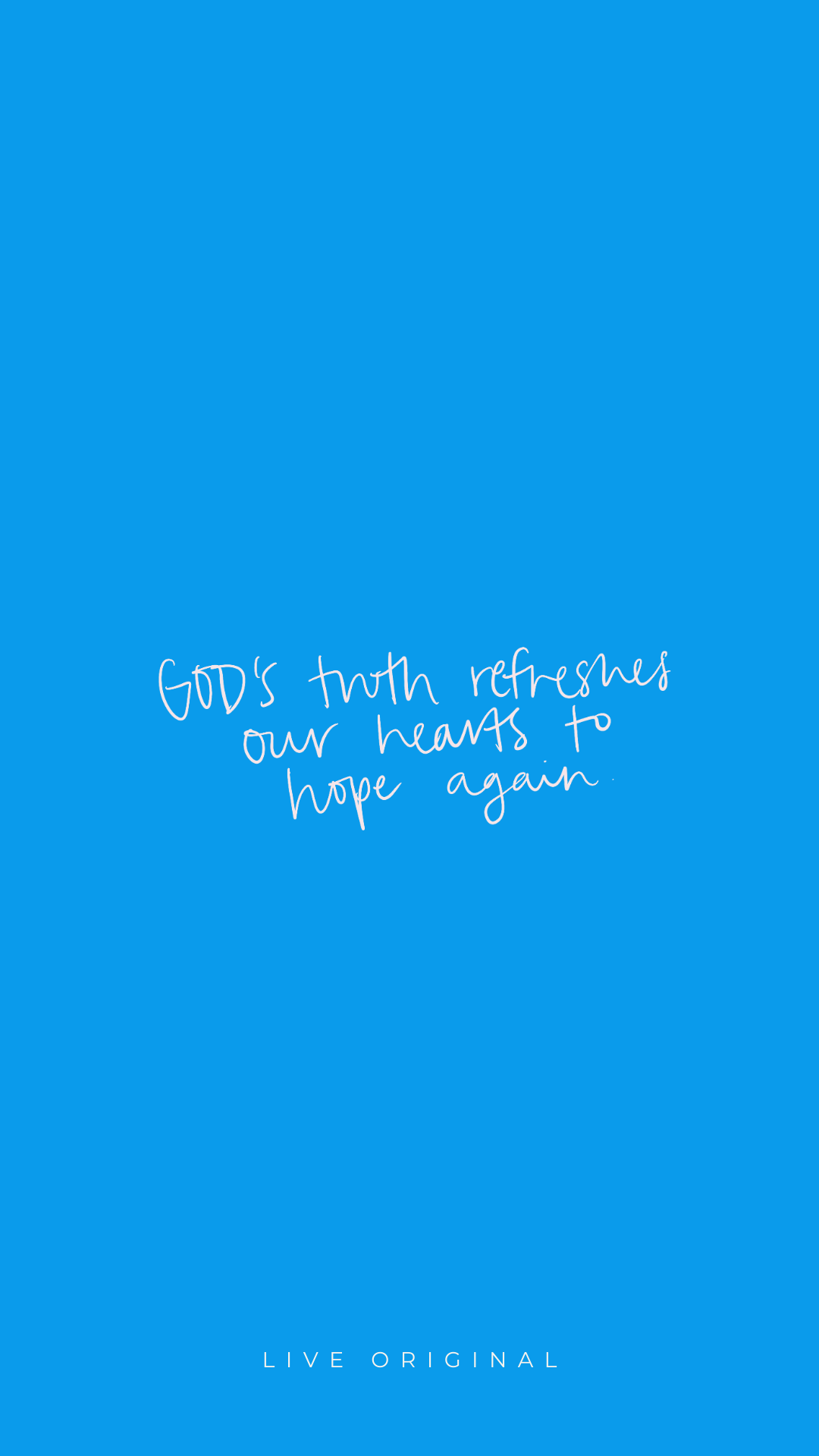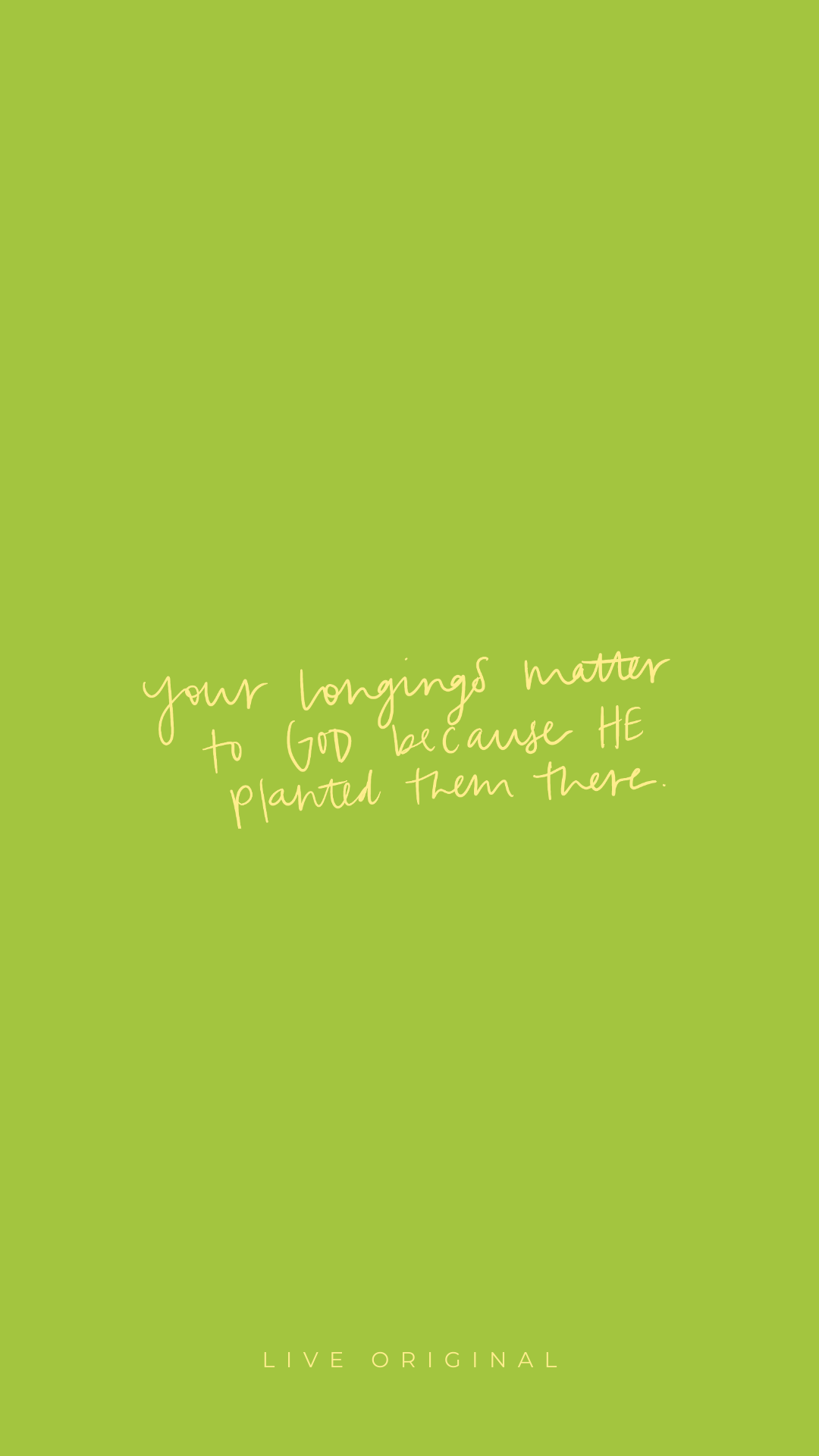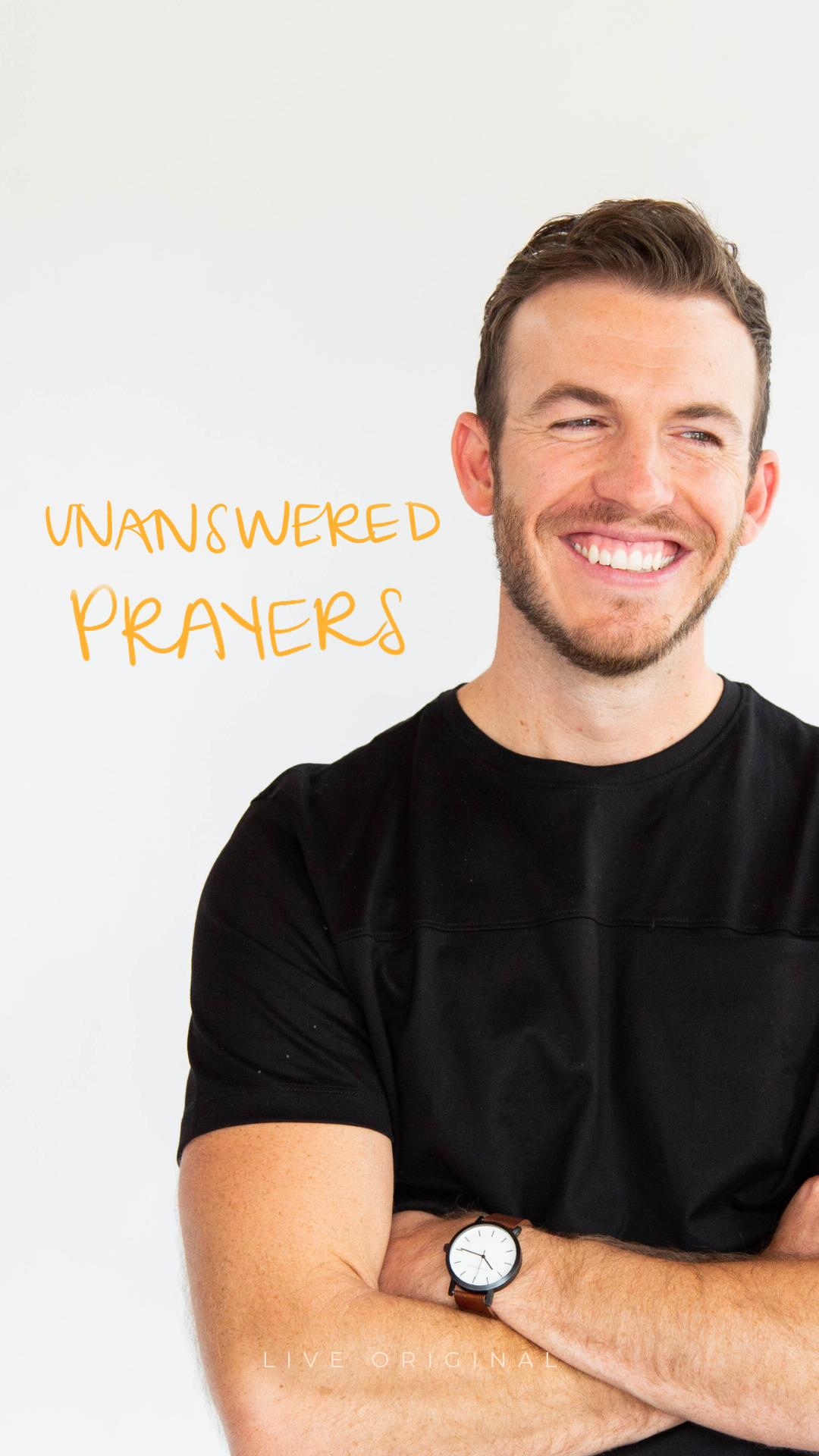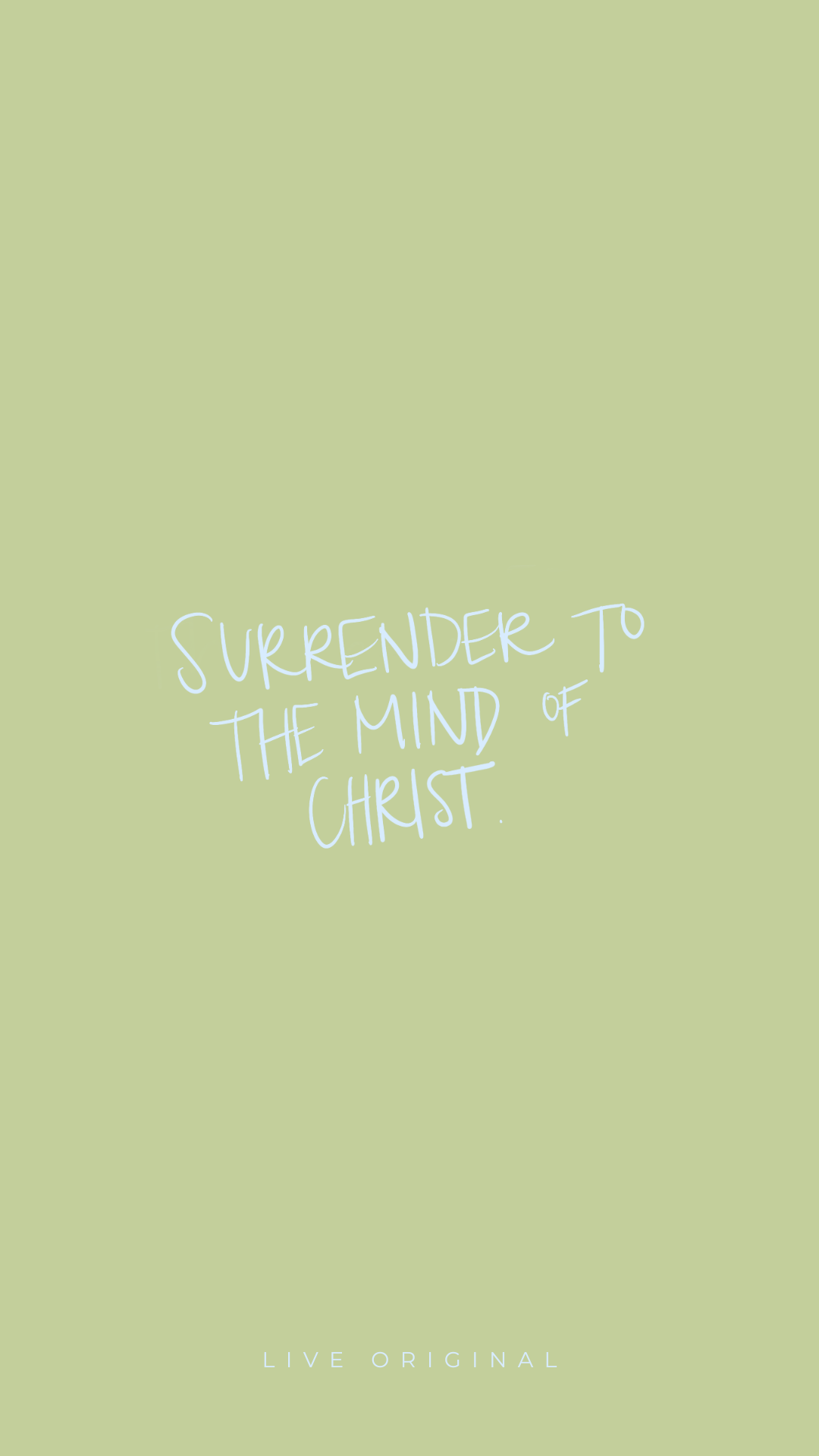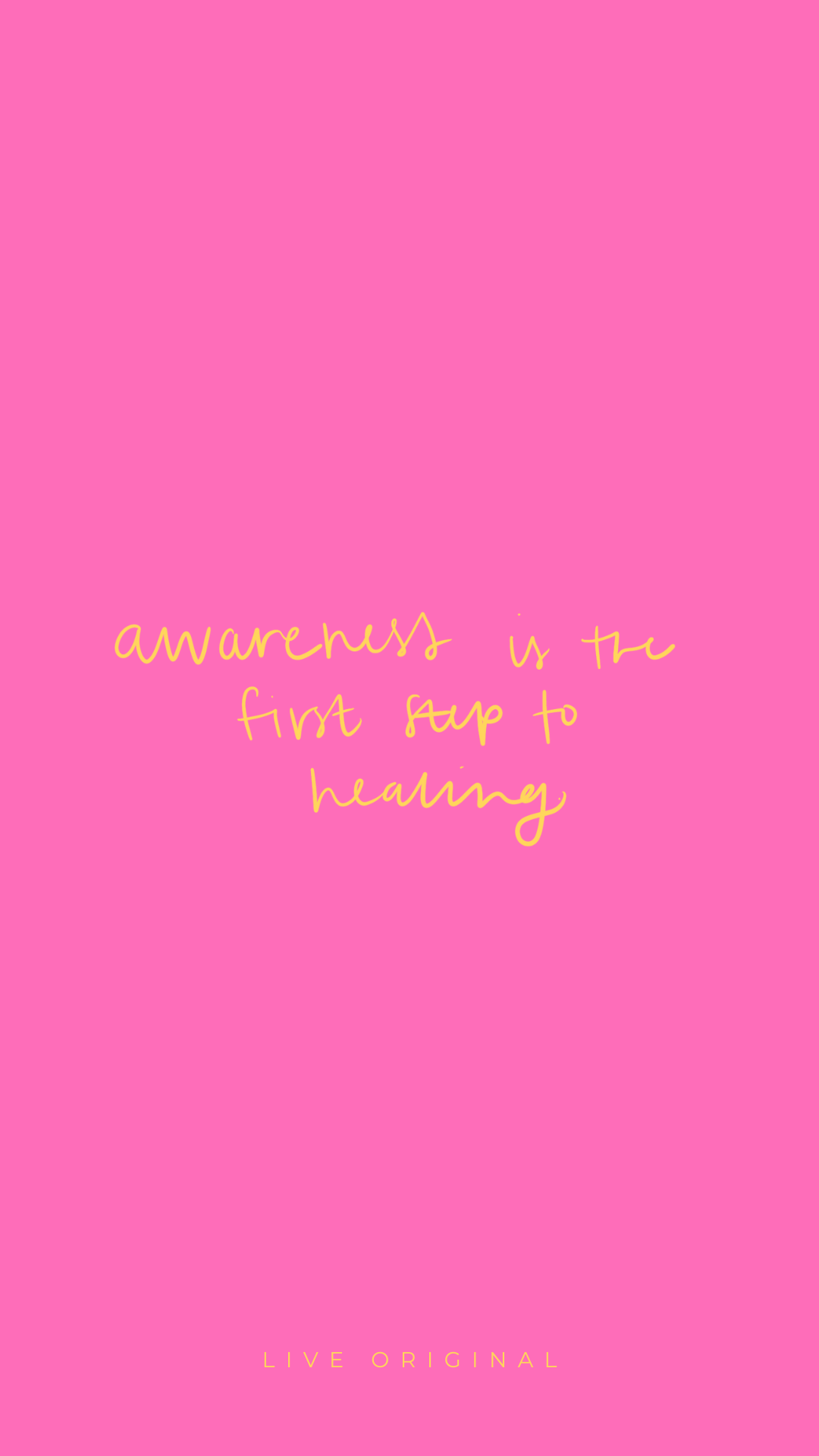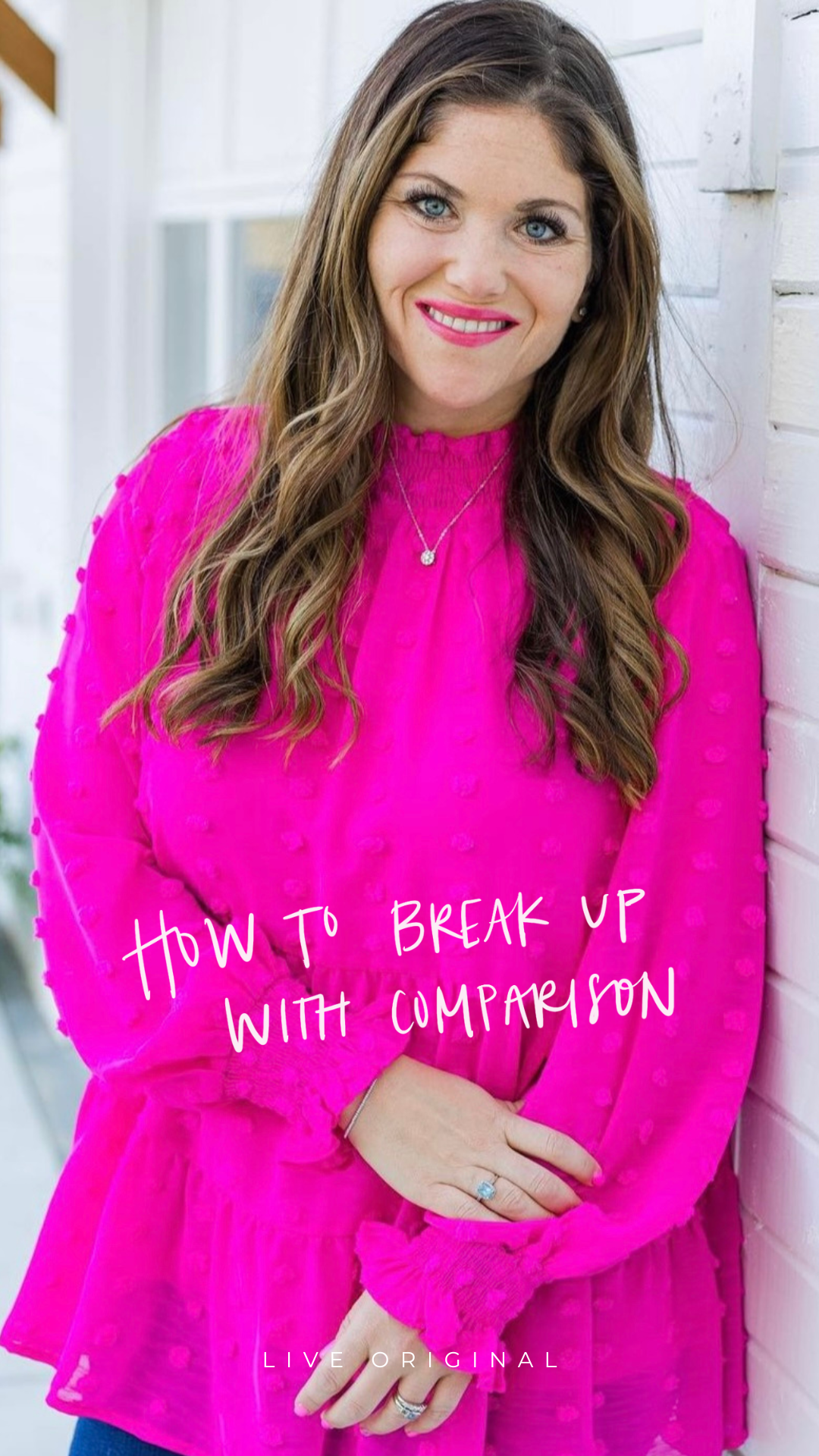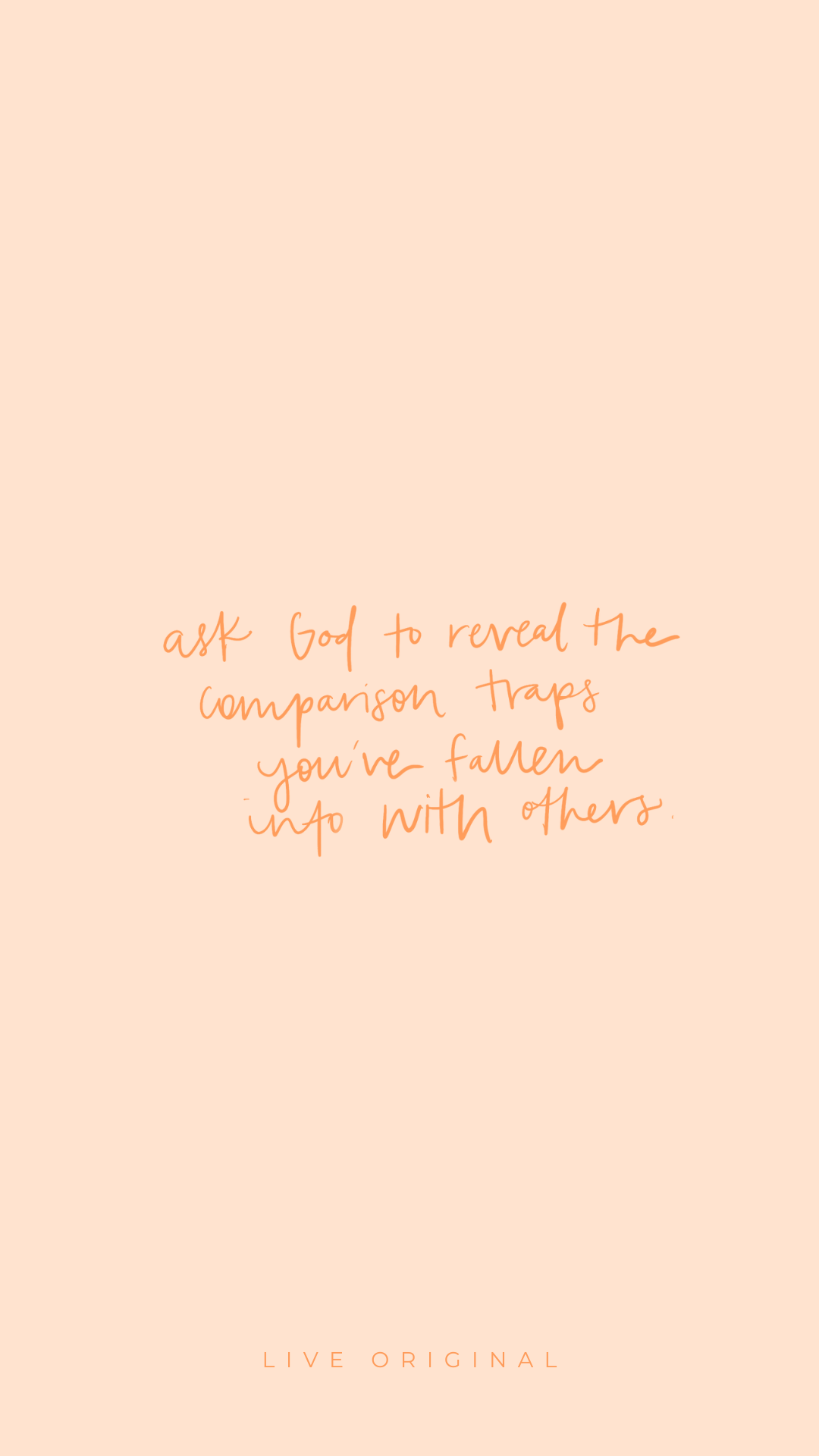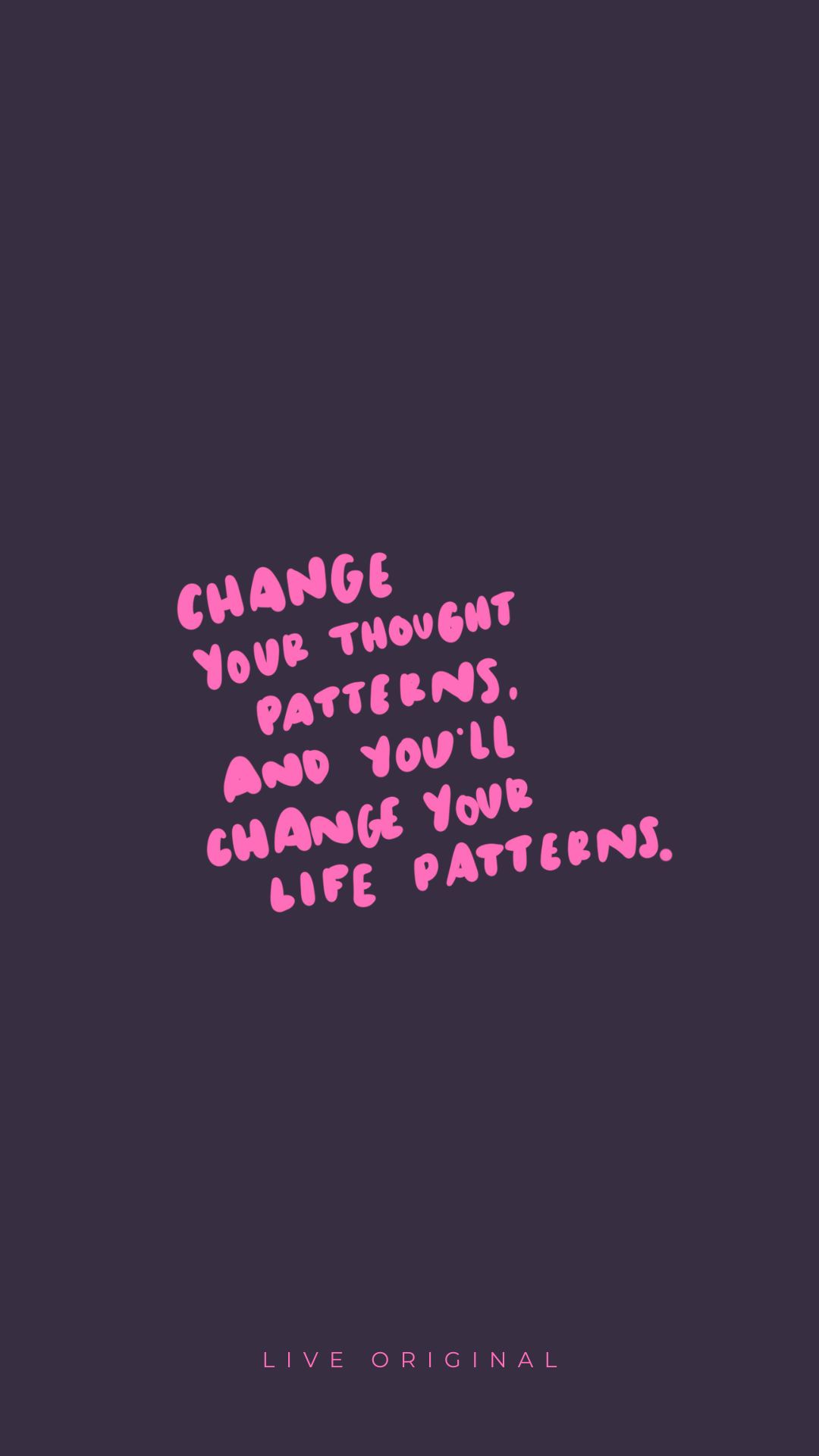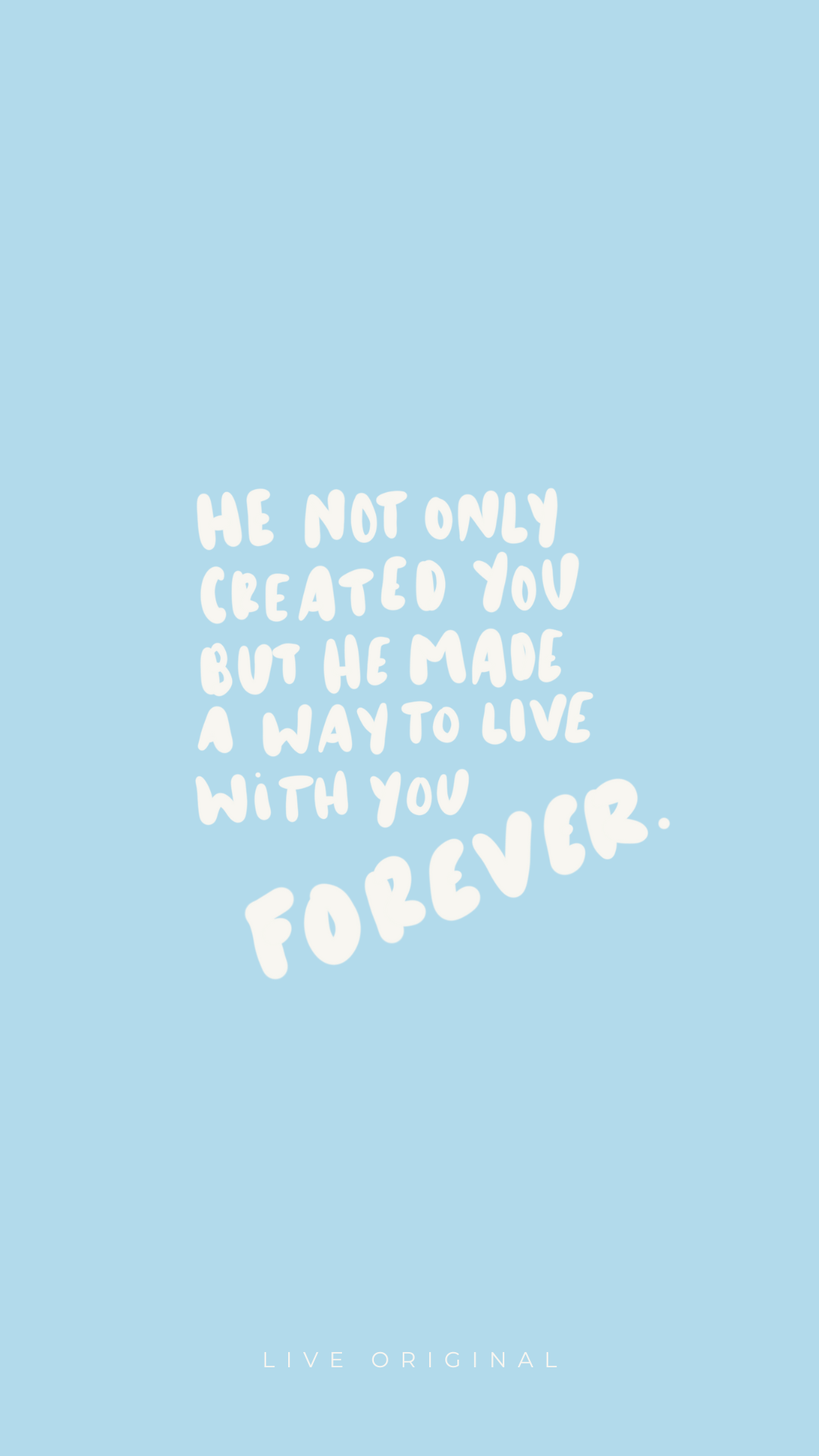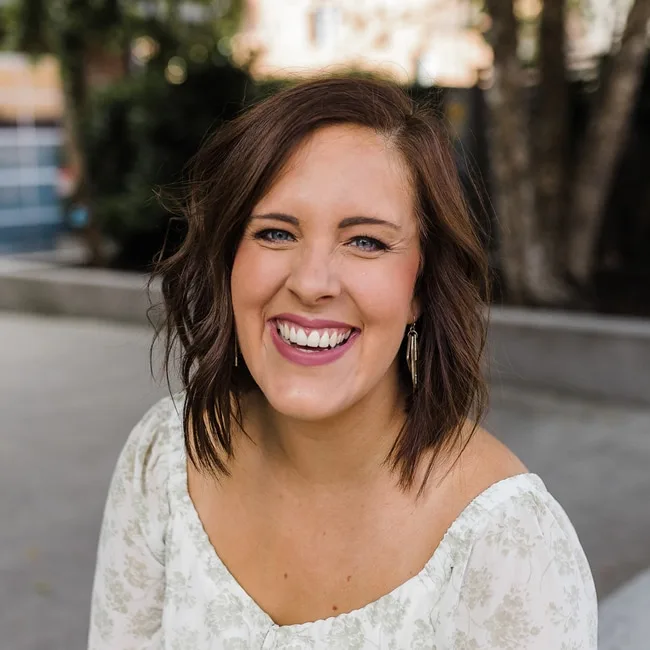
by Rebecca George | Apr 27, 2023 | Life Advice, Perspective, Sisterhood
“She’s who I want to be when I grow up,” I quietly whispered to myself as I hit End Call on a podcast interview with a new friend. We had a great conversation that would soon air for public consumption; however, the conversation that followed was what captivated me. She shared insightful wisdom and spent more time than I deserve pouring encouragement into me after we finished recording. She was incredibly kind and we had a conversation I wouldn’t soon forget. She made me feel like my contribution to God’s kingdom mattered, and she wanted to know how she could help and encourage me in the journey.
“Why does this feel so rare?” I pondered, as I twisted a pen between my fingers and stared at the ceiling. I want to be like her. I want to celebrate like her. I want to walk alongside other women in my industry and value their gifts as she valued mine. Sadly, I recently had some experiences on the contrary. Maybe that’s why this encounter with her surprised me so much. It felt like this was the way God intended for His daughters to collaborate. I wonder if you can relate?
He prompted me with the reminder that part of my calling, as a follower of Jesus, is to help others use their gifts and talents to build the Kingdom. To celebrate what is deemed worth celebrating in the women around me. You know, rejoice with those who rejoice (see Romans 12:15). As I reflect on Women’s History Month, I’m reminded that winning alone isn’t enticing to me any longer, but winning with my fellow go-getter girls brings much joy.
It’s easier to call out the gifts in others and celebrate them with gumption when we are clear on how God has gifted us. When we’re clear on our call, we can cheer with excitement. I wonder how you would answer the question, “What were you made to do?” Where do you feel you’re naturally gifted? How has God wired you to radiate Him to the world around you? Is there a skill where, when you exercise it, you lose track of time?
God has uniquely wired you in a way best suited for the community and people He has placed you within. Understanding your purpose will allow you to maintain an eternal perspective as you take next steps (and encourage others along the way). In the Old Testament, the Lord gave Moses instructions on how to care for the oil lamps in the tabernacle (see Leviticus 24:2-4). The oil had to be replenished and the wicks had to be trimmed in order to keep the light source shining brightly within the space that held the presence of God. Why does this matter for us? On the other side of the life, death, bodily resurrection, and ascension of Jesus, we carry the very presence of God within us. The Holy Spirit, the same power that raised Jesus from the grave, is alive in us (see Romans 6:10-11). It is freeing to remember that, not only do we have the encouragement of go-getter girls around us, but in Christ, we are never alone in our struggles and discouragement. Jesus, in the sermon on the mount, calls his disciples the light of the world. He tells them to let their lights shine so that others may see their good works and so God will be glorified (see Matthew 5: 13-16).
When we seek to gain more clarity on how to shine our light, God will give us wisdom and discernment in how he desires to use us in this season (see James 1:5-6). With that clarity and confidence, it’s easier to run in your lane, eyes fixed on Jesus as you encounter other “runners” on their own course (see Hebrews 12:1-2 for encouragement). Why does this matter? I don’t want anything to hold me, or those around me, back from our God-given assignments. I don’t think you do either.
When we recognize God at work in our sister in Christ, we should be at-the-ready to recognize her and call out those gifts in her. Hebrews 10:24 reminds us to “consider how to stir up one another to love and good works.” When we celebrate the gifts and talents we see at play in our fellow go-getter girls, God will use this encouragement to spur them on in their own calling. We can create a culture of celebration, as my friend Deann Carpenter says, by walking around with confetti in our pockets. When we have clarity in our own work and a heart ready to run alongside others, God will use that desire to encourage us, too.
We have all experienced the exhaustion of a challenging season in our calling. No matter how much joy we have in our work or how confident we feel that God has us right where He wants us, we will all have moments where we want to quit. We might face obstacles that will cause us to lose steam. That’s exactly why we need one another! This month, my challenge to you is to be on the lookout for opportunities to cheer for and call out the gifts in the women around you. Make it your mission! God will use these moments to encourage and bless you too, I promise.
As we celebrate the go-getter girls around us, let’s also fall in love a little deeper with the lane in which God has called only us to run. Let’s shine our light so bright that it encourages the women around us to do the same. Collectively, we are a city on a hill that cannot be hidden (see Matthew 5:14). As we observe Women’s History Month, it’s the perfect opportunity to gain clarity on our call, encourage others who might be facing a tough season in their calling, and celebrate the amazing women God has placed in our lives. As my favorite 90s country icon Shania Twain would declare, “Let’s go girls!”
Rebecca George is the founder of Radical Radiance® —a podcast community where listeners are encouraged and equipped to radiate the heart of Jesus in their life, work, and relationships. She is an author, speaker and podcaster whose greatest joy in life is discipling others to pursue their passions in a way that builds the Kingdom. She is married to Dustin, the senior pastor of Vonore Baptist Church in East Tennessee. A proud University of Tennessee graduate, Rebecca spends her free time running outdoors, writing, or trying a new recipe with Garth Brooks playing in the background. Connect with Rebecca on Instagram (rebeccageorgeauthor) or at www.radicalradiance.live.
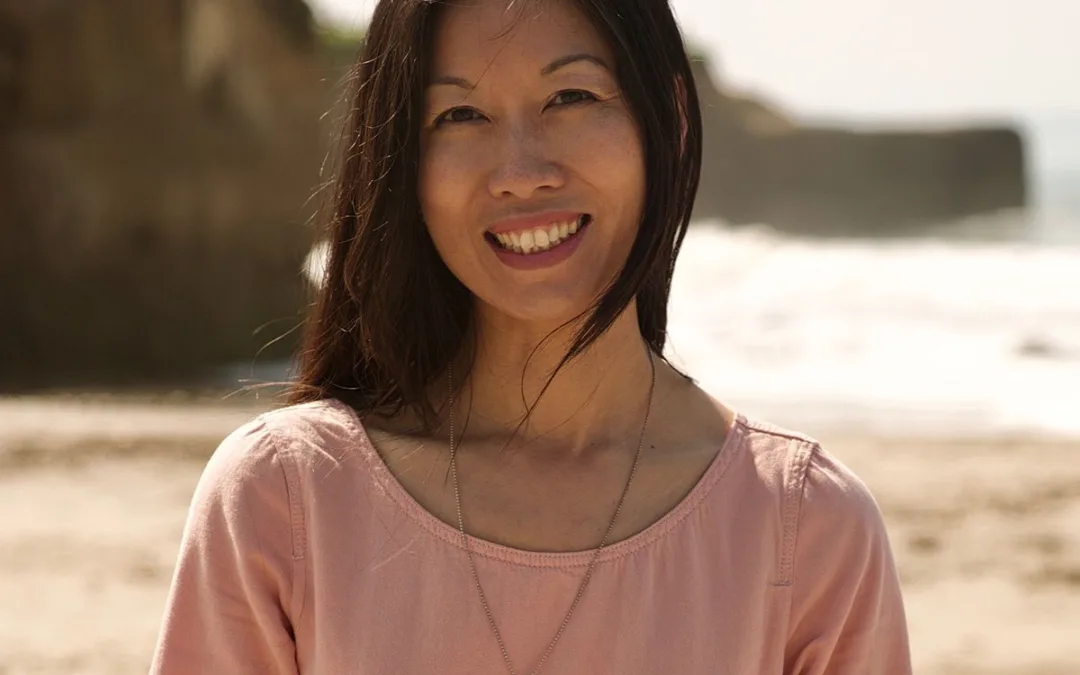
by Bonnie Gray | Apr 25, 2023 | Life Advice
I stared at the shower floor in shock. Dozens of long strands of hairs were swirling around the drain. What was going on?
All my life, hairstylists were wowed by my thick black hair, but now it seemed I was losing it all. At first I thought it was just a phase my body was going through, similar to the hair loss most women experience after having a baby. But as I started stretching out the days between washings, trying to preserve the hair I still had, I became ever more discouraged—and fearful. What was happening to me?
My hair loss started during the first year of the coronavirus pandemic. When shutdowns began that spring, I figured—as so many of us did—that the world would return to normal in the fall. These months were just a brief interruption to our normal routine. By September, surely, my kids would be back in school and I could complete the manuscript I was working on.
How wrong I was. I struggled to get into a soulful space to write while my mind was preoccupied with the ever-worsening horrors in the news. Meanwhile, I could barely think above all the kid activity (aka racket) in the background. Life became a revolving door of hats I wore throughout the day—youth counselor, cheerleader, referee, first-time homeschool teacher, short-order cook, personal shopper, and everything else under the sun.
My priorities were my kids and my husband. Me? I’ll figure that out later.
But as weeks turned into months, my emotional reserves, once filled with optimism, started thinning…and so did my hair. The more stress I felt, the more hair I seemed to lose. Something had gone deeply wrong. I had hit burnout.
Burnout is chronic stress that comes from working too hard for too long without downtime. It comes from doing things you don’t enjoy without any space for the activities that fill you up. When that stress goes ignored, your body lets you know! Burnout results in extreme exhaustion, irritability, and a lack of motivation or productivity. It can lead to chronic anxiety and depression.
Is your optimism gas tank flashing “empty” on your body’s wellness dashboard? God designed our bodies to alert us when we’ve been stretched too thin. By neglecting my physical health, I was living like a person without God’s care, without hope.
What I needed was hope. Optimism is imagining how circumstances will get better, but hope is seeing God’s love and care in the midst of bad circumstances. Hope is the refuge we find in times of uncertainty when optimism runs dry.
So what could I do differently if I chose to hope again under God’s care? I needed to believe I was worthy of feeding my soul and caring for my body, even if it meant I had to change my expectations of myself. I couldn’t keep waiting to pursue the desires God had put on my heart until life returned to normal. I needed to prioritize my well-being in my messy now.
Do you find yourself putting things that are meaningful to you on hold when life gets stressful? God does not consider your desires trivial. Your longings matter to God because he planted them there. He can rescue you from burnout.
Hope deferred makes the heart sick, but a longing fulfilled is a tree of life (Proverbs 13:12).
Heartsickness spells burnout. Burnout happens because you feel everything is on your shoulders and there is no room for your desires. When you feel there is no hope for you or the situation you’re facing, you don’t make space to laugh, meet up with friends, buy new clothes, go to the doctor for a checkup, have a date night, eat fruit, or stay hydrated. Because you fear fail- ing those who rely on you, you figure the best you can do is to disappear emotionally and keep holding up the fort at all costs to you personally. But even if you double down on your efforts to achieve and provide, you’ll still have to confront the spiritual exhaustion that comes with burnout.
God gave us longings as the antidote to burnout. Desire will draw you out to enjoy the things that help you come alive. God planted that idea, dream, or hobby interest in you, because seeing your face light up with delight brings him delight. God longs to see hope renewed in you!
As I asked God to renew my hope, I asked myself, How can I live in hope? Rather than waiting until circumstances got better, until life was free of worry and anxiety, I realized God wanted me to take control of my well-being now, right in the midst of the hard. If you share this same desire, I’d like to share three changes that helped me. I know they will help you too.
My first change was nutrition. I needed to eat better. Because I was trying to squeeze in writing whenever I had time, I was skipping lunch and eating odds and ends. Eat lunch, Bonnie! You need protein. Do you skip meals trying to get more done? Maybe like me you automatically reach for sweets, coffee, or food on the run, figuring you’ll eat well later. But you forget to take in nutrients that will fuel you for the day ahead. That’s what got me in trouble with my hair loss.
Research shows that eating adequate protein is important for hair growth. If our body lacks sufficient fuel, our hair follicles may be the first organs to shut down to conserve energy. When we deprive our body of a particular food, the nutritional deficiencies can lead to hair loss.
Second, I needed to face my fears and embrace my limits. Even though I was afraid of falling short, I had to ask my editor for an extension on my manuscript deadline. Despite all the worst-case scenarios playing out in my head, I asked for the time I needed—and received it!
What is one thing you need to ask for? Or decommit from? Why are you afraid? Research shows that when we avoid people, places, or events to temporarily escape feelings of dread, we actually increase anxiety and reinforce our fears. This is called avoidance anxiety. Studies show that when you do the thing you fear, regardless of the outcome, you lower the stress hormone cortisol. Cortisol keeps you awake at night, causes muscle tension, a fluttering heartbeat, and raises blood pressure. As you address your fears, you lower cortisol and restore calm.
Third, I replaced neglect with nurture. I began to nurture hope throughout my day by doing something that fed my soul. After making the two changes above, I felt less stressed.
That’s when an idea hit me. I love being in nature, so I packed up my lawn chair and a thermos of tea and started writing under a tree. To my surprise, the words began to flow. Doing something that fed my soul during the day relieved my urge to stay up too late at night. And getting good sleep definitely helps with feeling hopeful! When our mind relaxes, we can get inspired with new ideas to address our stress. Then sparks of hope reignite.
To hope again is to believe God will help us.
Is your soul missing hope too? When we hit the wall of our limitations, God gathers us in his arms to say, “There is a better tomorrow for you.” It might seem easier to just stay in survival mode, but God’s truth refreshes our hearts to hope again.
Hope gives us permission to do things differently and to believe God will be faithful.
Bonnie Gray is the author of Breathe: 21 Days to Stress Less and Transform Chaos to Calm, Whispers of Rest, Finding Spiritual Whitespace and Sweet Like Jasmine. An inspirational speaker and podcast host of Breathe: The Stress Less Podcast, Bonnie touches thousands of lives using storytelling, soul care, and prayer. Bonnie’s global following of readers come to her for inspiring Christian content in her authentic, unique voice. Her writing has been published and syndicated across a broad online audience. Bonnie lives in California with her husband and two sons.
Keep up with Bonnie on Instagram @thebonniegray.

by Addison Bevere | Apr 20, 2023 | Life Advice, Wisdom |
Unanswered prayers.
At least, that’s the term we use when a prayer seems to have no resonance, no evidence of heaven touching earth. In other words, God didn’t do what we wanted him to do, when we wanted him to do it.
You prayed for your parents to stay together and now they’re divorced.
You prayed for God to open the door for a career opportunity and now you’re even more confused about what to do than before.
You prayed for things to work out with your relationship and now your ex has moved on.
You prayed for healing and now things look worse than ever.
I was recently on a phone with a friend who’s become disillusioned with God, prayer, church, and what it all means. He’s a smart guy and has a way of cutting through empty sentiments with his wit and honesty.
At one point, while we were specifically talking about prayer, he said flatly, “Addison, I just don’t like waking up early to have a conversation with someone who doesn’t talk back. I mean, God’s the only one who gets away with not showing up for a moment that he expects you to show up for daily.”
My friend felt like God had let him down at key moments of his life, moments when he needed answers, moments when he felt lost and alone, moments when life had hit him hard. He did his part, but God didn’t “show up” . . . and that just seemed like a bad deal to him. His transactional view of prayer didn’t pay out, and he was left wondering,
“What’s the point of praying if God doesn’t show up or talk back?”
If you’re still reading this blog, chances are you’re serious about this whole prayer thing, so I want to give you a few things to help you on your journey.
I had a season of about five years when I felt abandoned by God. Insomnia stole my nights. Anxiety crippled my peace. And I was barely getting through the days. I felt stuck in a canyon. Doubt and discouragement were my companions and when it came to prayer the only words that I could hear were the echoes of my cries.
As you can imagine, I started to question the effectiveness of my prayers. I had to wonder if I was having words with God or just words with myself.
Through this time, though, God showed me that He’s not afraid of my doubt. I was reminded that even Abraham, the one who Scripture refers to as the father of faith, doubted God. His doubt led to some questionable behavior, such as giving his wife to other men and having sex with a servant to birth an heir. Yet in his letter to Rome (and us), Paul writes that somehow Abraham never gave into unbelief. That led me to search out the difference between unbelief and doubt, because surely Abraham doubted.
To put it simply, unbelief is the rejection of God himself, whereas doubt is the rejection of our idea of God. Unbelief is to deny God’s faithfulness. Doubt is to question when or how God will be faithful. Unbelief leads to apathy. Doubt often results in misdirected action.
I realized that it wasn’t that I doubted God’s ability to do whatever he wants to do, I just doubted myself, my worthiness, perception, and skill.
The truth is, God’s done a lot over the years with honest doubters. Doubt, when acknowledged, spoken, and surrendered to God, transforms into faith. To put it squarely in the form of a question: Can we even know that God is faithful until life’s given us a reason to doubt his faithfulness?
When we’re disappointed with the outcome of our prayers, we arrive at a crossroads between doubt and faith. And it’s here where many run from God. In recent years, we’ve seen a lot of people leave the Church and look for a more authentic way to live and make sense of pain. Life is hard, and the formulaic, transactional view of God and prayer didn’t cut it for them . . . or for us if we’re honest.
That is why we mustn’t keep God at arm’s length by hiding our doubts from Him. God’s not afraid of our dissonance, questions, and pain—He’s the One who knows us inside and out. When it comes to prayer, or anything for that matter, bring your doubts to God. Trust me, He can handle them. And real prayer has a way of reframing our doubts without denying the pain that they carry.
I was just reading Psalm 142 this morning, and in this psalm, David cries, “I pour out my complaint before him; I tell my trouble before him” (v. 2 ESV). You see, Scripture gives us permission to have messy words with God. David was unafraid to embrace the tension between doubt and faith because he later writes, “When my spirit faints within me, you know my way!” (v. 3 ESV)
The challenge for most of us is we haven’t opened the conversation. We can’t see the interconnectedness of prayer in every moment of our lives. Paul’s words “pray without ceasing” sound like an impossible chore (and bore). We still view prayer as just a lifeline and not a lifestyle.
But what if we’ve gotten it all wrong. When understood for what it is, “pray without ceasing” is actually an invitation to constant rest, a rest that comes from the awareness that the Spirit is at hand. That God is indeed more invested in us getting Life right than we are. I think of what David writes in Psalm 37,
The Lord directs the steps of the godly.
He delights in every detail of their lives.
Though they stumble, they will never fall,
for the Lord holds them by the hand. (vv. 23–24 NLT)
Maybe it feels like you are stumbling through a Canyon, and the only sound you can hear are the cries and doubts of your heart, reverberating back to you in the thin silence. Maybe you’ve already given up on prayer.
If you’ve made it this far, your heart is not faint. So I will share a dangerous and terrifying truth with you…
The canyon, in all its wildness, is our pathway home. Like a child sent into the wilderness for a rite of passage, so our journey takes us into and through the doubt and silence.
It’s in the canyon that we wrestle with God and discover who we are and what we’re capable of. It’s in the canyon where empty words are exchanged for real connection. It’s in the canyon that we face off with our ideas of prayer, God, and many other things, so we can surrender to the mind of Christ. It’s in the canyon that we figure out that a “prayer life” is much more than a spiritual exercise; it’s the higher consciousness that reorders and integrates life, reclaiming every bit of living (and us) as holy and necessary to God’s purposes and design.
The canyon’s silence helps us join our voice—our holy amen—with the Voice again.
For even in the canyon’s echo, the Voice speaks.
Parts of this post were adapted from Words with God: Trading Boring, Empty Prayer for Real Connection by Addison D. Bevere, released April 18, 2023.
Addison Bevere loves disassembling the boxes that fragment and frustrate our lives—a process he calls integrative faith. He is the author of a few titles, including Words with God. A speaker, songwriter, and poet, Addison serves as the COO of Messenger International, a discipleship organization that impacts millions of people in nearly every country. He and his wife, Juli, have four children and live in Nashville, Tennessee.
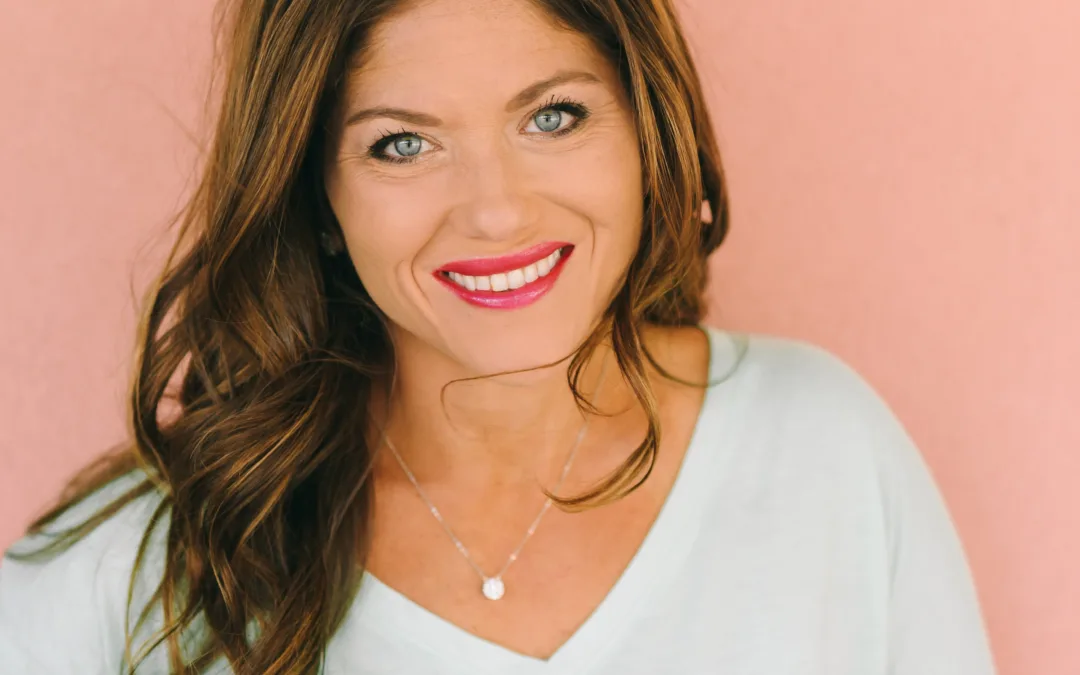
by Rachael Gilbert | Apr 18, 2023 | Healing, Life Advice |
“Stop comparing yourself to other women; including your younger self – she’s another woman.”
These loving words from my husband were spoken as I was crying, yet again, about being unable to lose weight. I was doing “all the right things,” yet the weight refused to budge. And my body shame was just as stubborn.
I have compared my body to the bodies of other girls/women for most of my life. I still remember my third-grade P.E. coach yelling my weight out loud during a “weigh-in” event. I hung my head in shame as I walked back to my seat, mortified because my number was much higher than those of my snickering classmates.
An unspoken competition over weight and appearance drove a wedge between my girlfriends and me for years. (Maybe you’ve been there, too.) Over the years, I’ve learned that body shame, comparison and insecurity are an almost universal experience for women.
During graduate school for my degree in Marriage & Family Therapy, I researched the topic of body image. I conducted a ten-question survey with 138 women, ages 22 to 26, who identified as Christian.
When asked, “Do you like the way your body looks?” 99.98% of the women responded “No”.
The survey also asked women to identify the most significant influence on their view of their bodies. I was sure the top influence would be culture. Yet, although culture did appear on some surveys, the single response shared by almost every respondent was the influence of mothers, aunts, and sisters.
Nearly every respondent had heard moms or other female family members describe how they hated their bodies, needed to lose weight, or were on a new fad diet. One participant summarized how female relatives’ struggles with body image had impacted her: “Comparison is my greatest memory.”
We’ve all contributed to this cycle of body shaming and comparison, haven’t we? We’ve done the best we knew how, so let’s extend grace to ourselves and the other women in our lives. And, beginning today, let’s step into a better way of seeing, valuing and talking about our bodies.
Body comparison is harmful in three distinct ways:
- Comparison robs us of joy. When we are busy comparing ourselves to others, we fail to see who God created us to be.
- Comparison steals our peace. Ecclesiastes 4:4 says; “Then I observed that most people are motivated to success because they envy their neighbors. But this, too, is meaningless—like chasing the wind” (NLT). When we spend time comparing our appearance with others, including on social media, we are chasing the wind. We go nowhere and end up both dissatisfied and exhausted.
- Comparison builds a barrier between us and others. If you’ve ever had a friendship end and you didn’t know why, or you just can’t seem to get close to certain people, it might be due to your (or their) imaginary yardstick. I call this a Comparison Yardstick.
In high school, I constantly compared my body to a particular friend’s body because we were built almost identically. If she lost five pounds, I would lose six, and vice versa. That comparison yardstick kept us from growing close because it fueled jealousy, pride, shame, and insecurity. In order to go deeper with the friend, that faulty yardstick needed to be broken.
How to break your Comparison Yardstick:
Recognize: Awareness is the first step to healing. If we aren’t aware of our comparison yardstick, we can’t break free from it. Ask God to reveal the comparison traps you’ve fallen into with others, especially in the area of comparing your body to other women’s bodies.
This checklist of body comparison symptoms may spark awareness:
- You body-check yourself against others.
- You are motivated to change your appearance by looking at photos of fitness models or friends.
- You have a hard time getting close in relationships due to jealousy and insecurity.
- You compare yourself to a younger or different version of yourself.
- You feel bitterness in your heart toward others and are tempted to gossip about them.
- You have an unhealthy idea of your ideal weight or clothing size.
Repent: The result of comparison is death and destruction. We see comparison creep into the garden when Satan tempted Eve (Gen. 3:2–6). Satan had already “fallen” by comparing himself to God, and now he tempted Eve to desire and take what wasn’t intended for her. Eve was vulnerable because she forgot that she already had everything she needed.
Comparison fuels envy, pride, shame and insecurity. But we can ask for forgiveness from God as well as anyone we have harmed. You’ll discover that your Comparison Yardstick loses its power once you identify your real Enemy and remember that Christ has provided all you need.
Rejoice: Both Eve and Jesus wrestled with temptation in a garden. Eve’s garden moment ended in sin and shame. Jesus’ garden moment ended in the defeat of the Enemy and in victory. And Jesus’ victory on the cross empowers us to resist envy and comparison in all areas of life.
In our own strength, we might never find victory over body comparison, but through Christ all things are possible. Nothing stops comparison more quickly than thanking God for how He made each of our bodies uniquely. Next time you notice comparison sneaking in, stop and pray a blessing over that person.
Rejoicing releases pride, restores our joy, and blesses our friends.
Embracing the body you actually have begins with recognizing you are made in the image of God. This fact doesn’t change with seasons, sizes, or shapes!
Remember how my husband invited me to stop comparing my current body to my younger self? He helped me realize I was comparing my current body, which had borne children, undergone surgery and run marathons, to the body I had at age 15. That impossible Comparison Yardstick was robbing me of the joy of my current season. It was blinding me to the amazing things my body had done over the past decade. It also drove a wedge between me and the other women in my life.
Today, I am letting go of comparison and embracing the one and only body I will ever call home. I am praying that you will too, dear sister. Regardless of size or shape or season of life, may you experience your body as a uniquely good gift from a loving God.

When my graduate-school survey asked women, “Do you believe you were made in God’s image?”, an astounding 99 percent answered yes. Yet most followed it with a statement like, “I know it in my head, but I want to believe it in my heart.” If you struggle with truly believing you are made in God’s image, I invite you to try this Mirror gratitude technique I use in group therapy for body image.
Use these prompts to create your own masterpiece:
- What do you see when you look in the mirror? Write all the things that come to mind on your mirror.
- Strike through any negative attributes, and ask God what He sees instead.
- Highlight or circle any positive attributes. Ask God to show you why He designed you that way.
- Do you see Jesus reflected in your image?
- Meditate on the following verses to embrace how God sees you.
- “Charm is deceptive, and beauty is fleeting but a woman who fears the Lord is to be greatly praised.” (Prov. 31:30)
- “The unfading beauty of a gentle and quiet spirit … is of great worth in God’s sight.” (1 Pet. 3:4)
- “Outwardly we are wasting away, yet inwardly we are being renewed day by day.” (2 Cor. 4:16)
- “The grass withers and the flowers fall, but the word of our God endures forever.” (Isa. 40:8)
- “People look at the outward appearance, but the LORD looks at the heart.” (1 Sam. 16:7)
- “He has made everything beautiful in its time.” (Eccl. 3:11)
- Your new self is being renewed in the image of your Creator. (Col. 3:10)
Rachael Gilbert, MMFT, is a trauma-informed therapist, the author of Image Restored: Tear Down Shame and Insecurity to Experience a Body Image Renovation, and the podcast host of Real Talk with Rachael. Rachael combines her clinical expertise and personal experience to help women overcome fear and insecurity to walk confidently in their God-given dreams. Rachael and her husband Matt are the owners of BBC Health. They live near Dallas, TX, with their three children. www.rachaelgilbert.com
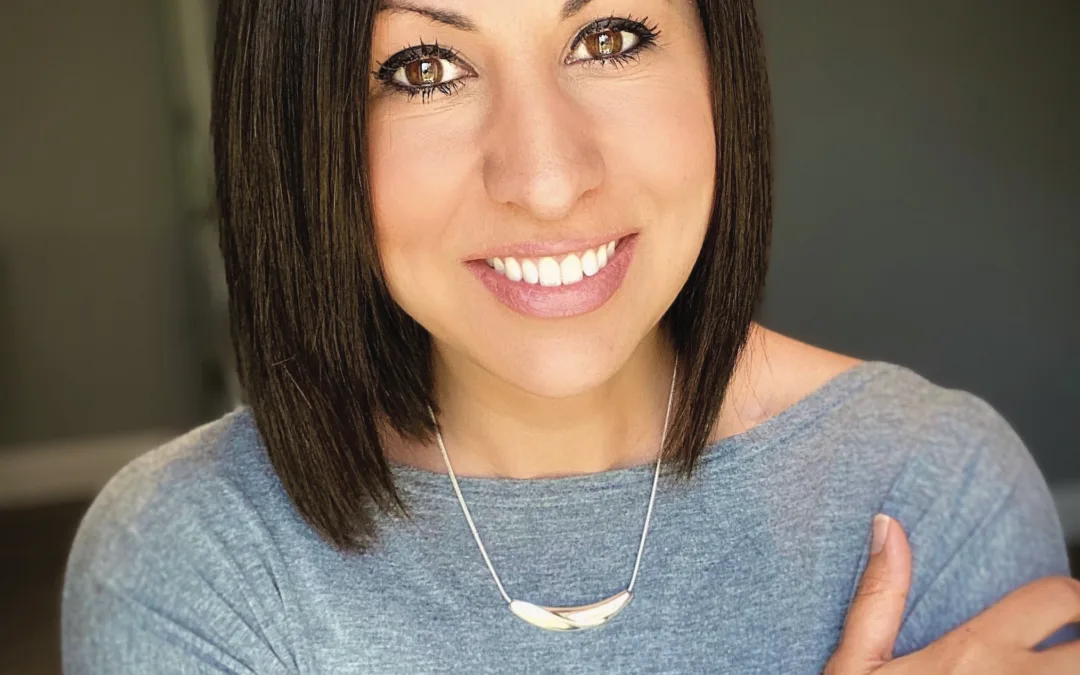
by Debra Fileta | Apr 13, 2023 | Life Advice |
Have you ever heard a new phrase, song, or saying for the first time ever, and somehow over the course of the next few days or weeks you start hearing it everywhere? Or maybe you notice a sleek red car drive by that you’ve never seen before, and then you start seeing it in every parking lot. Or maybe you learn about a style of house while you’re watching HGTV, and next thing you know you spot it all over your city or town. Could there really be an increase of people buying that sleek red car you noticed, or that new style of house? Or are you just more aware of it now?
This is a concept we refer to in psychology as frequency bias, and it can happen with pretty much anything. The fancy name for this is the Baader-Meinhof phenomenon. And if you’ve never heard of it before, there’s a good chance you will after today. (See what I did there?) The main idea is that the frequency of those things is not actually increasing, but simply your awareness of them. And that awareness changes everything.
There’s so much going on around you in one particular 24-hour period that it’s impossible for your brain to absorb it all. But when you bring your attention to something—which is called selective attention—you begin to make note of that specific thing more and more often. Your brain tunes into it!
LOOKING FOR PATTERNS
What if we could begin to apply this frequency bias to our thoughts? What if we could increase our awareness and start to see and understand our thoughts in ways we didn’t before? What if we could actually tune in to our patterns of thinking rather than just defaulting to our usual? The incredible thing is, we can.
In the last daily practice, I asked you to write down all the negative thoughts you had in a 24-hour period. If you haven’t had a chance to do that, I want you to stop, go back to the practice before, and spend some time there first; we need to have something to work with if we want to identify patterns. Now, I want you to take a look at the thoughts you wrote down.
Do any patterns emerge?
Are there any themes that you tend to default to again, and again, and again?
Let’s try to isolate those today. We’re trying to get to the root of why you think the way you do. And to do that, we need to see if we can find some patterns.
God gives us permission to change the pattern. We have the power and control to choose which thoughts we will tune into and ruminate on throughout the day. So much of the Bible aligns with healthy psychology and counseling. God knows our tendency to default to the negative, so we’re being asked to make it a habit, a daily practice, to tune in to whatever is good, pure, true, lovely (Philippians 4:8). We’re being challenged to increase our awareness of the right thoughts and beliefs throughout the day and throughout our lives. Don’t just default to your usual, mindless patterns. Change the patterns. But to do that, we’ve got to first stop and take note of our patterns—both the good and the bad— so we can begin to change the way we think. We have to recognize our patterns if we want to replace our patterns. And when we do that, it will begin to change everything. Because thought change leads to life change.
When Hannah, from the last lesson, wrote down all the negative thoughts she had in a day, she came in with a list longer than she’d expected. Here’s what it read:
I don’t fit in. They’re just pretending to like me. He’s just being nice because he feels sorry for me. I can’t believe I yelled at the kids. I am the worst mom. If I don’t get it together, he’s going to leave me. They invited me out of pity, but they don’t really want me there. I don’t have what it takes to get it done today.
And those were just some of the things she had on her list. When she actually faced her thoughts, she realized how consistently mean, degrading, negative, and unhealthy they were. When I asked her to see if she could find a pattern, she realized she was stuck in a spiral of thoughts with a theme of inadequacy. She was never good enough— not in her personal life, not in her marriage, not in her friendships, not as a mom, or a homemaker, or a businesswoman. Her thoughts were always pointing out where she wasn’t measuring up, fixating on all that was lacking. Now that she recognized a theme to her negative thinking, she started seeing it in almost every aspect of her life.
We have to recognize our patterns if we want to replace our patterns.
CONNECTING THE DOTS
Why was Hannah caught in a cycle of toxic thinking? Why did she always feel like she wasn’t enough? Long ago, Hannah started defaulting to this way of thinking to try to make sense of why she was adopted. This wasn’t a conscious decision on her part—she was so young at the time. But sometimes our brains process things for us, without our permission or awareness. The brain tries to make sense of the world around us, and its interpretation may or may not be based on truth.
Young Hannah’s mind needed to make sense of the fact that her biological parents had given her up for adoption. It was less painful for her to believe that she was the problem than it was for her to believe that something went terribly wrong with her biological parents. There must have been something they didn’t like about me. There must have been something wrong with me. I must not have been what they wanted.
I must not be good enough. This is where the seeds of her default thinking were planted—watered by the circumstances of life, fertilized by more unhealthy thinking, until she grew up learning to believe those thoughts and apply them to other areas of her life. They had become a part of her thought process without her awareness.
For Hannah to be freed from her default thinking, she needed a reset. She began by recognizing her negative thoughts, but that alone wasn’t enough. Now she actually had to replace them with truth.
In your life, too, it isn’t enough to simply stop thinking negative thoughts. You have to go the next step and begin thinking truthful thoughts. Replace them with truth, over and over again, until some- thing begins to change—until you begin to change.
Debra, are you saying that if I just think healthy thoughts enough, I’ll actually start believing them? That’s exactly what I’m saying. It took you many years to build up your default thinking, so don’t expect things to change overnight. But when you begin to fill your mind with truth, you also fill your life with truth. Things begin to change.
It may not seem like you’re doing much—repeating positive statements of truth instead of your negative default thinking—but when you begin replacing your negative thinking with truth, you’re changing the function of your brain. Every thought you think releases some sort of neurochemical. Negative thoughts release stress chemicals, and positive ones release feel-good chemicals. So, when you change your, you literally change your brain. Your brain is neuroplastic, which means it’s malleable—it can change. You have the power to change how your brain works, and in turn how you feel and what you do, just by changing your thoughts.
God made our brains, and He knows best the value and importance of thinking about whatever is true, and noble, and right, and pure, and lovely, and admirable. Philippians 4:8 is not just a sweet, sentimental verse in the Bible—it’s life or death. Your thoughts have the power to seriously enhance or completely destroy your life. If you see the same stream of thinking coming back again, and again, and again, it’s time to own up to it and let the mental battle begin. Change your thought patterns, and you’ll change your life patterns.
Excerpted with permission from Reset by Debra Fileta published by Harvest House Publishers, Eugene, Oregon, 97408. Copyright 2023, Debra Fileta. www.harvesthousepublishers.com
Debra Fileta is a licensed professional counselor, national speaker, relationship expert, and author of Reset: Powerful Habits to Own Your Thoughts, Understand Your Feelings, and Change Your Life, True Love Dates, Choosing Marriage, Love in Every Season, as well as Are You Really OK? She’s also the host of the hotline style Love + Relationships Podcast. Her popular relationship advice blog, TrueLoveDates.com, reaches millions of people with the message that healthy people make healthy relationships. Connect with her on Facebook or Instagram @DebraFileta.

by Hope Harris | Apr 11, 2023 | Life Advice, Wisdom
How often do you feel overwhelmed? Does this season of life make you feel overwhelmed more times than you can count, too?
Just the other day, I got to have coffee with my friend (and Live Original ambassador) Georgia Brown. My thoughts and feelings were all over the place as we talked about the season of life I’m walking through as a new mom. As soon as I was done sharing, she responded with something so powerful not just for me, but for you, too: “This was all God’s idea.”
Those five words left me speechless for a second. Go ahead and give yourself a second to let that sink in. It is powerful, isn’t it?
The longer and longer I let that sentence simmer, the more my perspective started to shift. It got me thinking: What if there is a way to pivot our perspective when we start to feel overwhelmed? What if we traded feeling overwhelmed by our circumstances for being overwhelmed by the power, goodness, and faithfulness of God?
Think about it: God isn’t surprised by the blessings He has given to you to steward in this season. He also isn’t surprised by the deep waters you’re treading through. Not a single day in your life is without a plan or a purpose.
In fact, your entire life was God’s idea. He gave you your specific gifts that are unique to you. He gave you the people around you to love on and do life with. He not only created you, but He made a way to live with you forever. God chooses you. He loves and adores you.
What if we let these truths overwhelm us instead of whatever is going on in our life? If we let our circumstances or the situation that we’re in the middle of overwhelm us, we’ll feel stuck with no way to move forward. If we choose to be overwhelmed by who God is, how He has intentionally orchestrated our life, and what He has done for us, we’ll be able to walk out this season with the power and authority He gives us as His children.
Don’t you see? So often what we see as a dead-end is where God is just getting started. We don’t have to live like we are defeated – He has already won! We are far from paralyzed where we are. We are not without next steps where we are. We are not alone where we are.
We have an invitation to walk through this season and the next one with the One who already had you in mind before He created you. He is the same God who had you in mind when He made a way for you to spend eternal life with Him through Jesus before you were even born.
This won’t be the first or last time that we are overwhelmed, but it can be the last time we sit with the same posture and perspective we had before. There is a choice for us to make: What are we going to be overwhelmed by?
Will we choose to be overwhelmed by our never-ending to-do lists or will we choose to be overwhelmed by the One whose love for us is never-ending? Will we choose to be overwhelmed by our situation that seems hopeless or will we choose to be overwhelmed by the very One who gifted us with hope? Will we choose to be overwhelmed by the mess we’re in the middle of or will we choose to be overwhelmed by the One who makes miracles happen?
We can choose to sit with a posture of one who has already lost when we feel overwhelmed or we can choose to walk with the One who has already won. Deuteronomy 31:6 MSG says, “Be strong. Take courage. Don’t be intimidated. Don’t give them a second thought because God, your God is striding ahead of you. He’s right there with you. He won’t let you down; he won’t leave you.”
As Georgia says best, “This was all God’s idea.” He’s got you and He’s never going to leave you.
Here are some verses we can set our gaze on to help us pivot our perspective and become overwhelmed by God’s power, goodness, and faithfulness today:
- “Give your entire attention to what God is doing right now, and don’t get worked up about what may or may not happen tomorrow. God will help you deal with whatever hard things come up when the time comes.” Matthew 6:34 MSG
- “But there’s far more to life for us. We’re citizens of high heaven! We’re waiting the arrival of the Savior, the Master, Jesus Christ, who will transform our earthly bodies into glories bodies like his own. He’ll make us beautiful and whole with the same powerful skill by which he is putting everything as it should be, under and around him.” Philippians 3:20-21 MSG
- “Now God has us where he wants us, with all the time in this world and the next to shower grace and kindness upon us in Christ Jesus. Saving is all his idea, and all his work. All we do is trust him enough to let him do it. It’s God’s gift from start to finish! We don’t play the major role. If we did, we’d probably go around bragging that we’d done that whole thing! No, we neither make nor save ourselves. God does both the making and saving. He creates each of us by Christ Jesus to join him in the work he does, the good work he has gotten ready for us to do, work we had better be doing.” Ephesians 2:7-10 MSG
- “Meanwhile, the moment we get tired in the waiting, God’s Spirit is right alongside helping us along. If we don’t know how or what to pray, it doesn’t matter. He does our praying in and for us, making prayer out of our wordless sighs, our aching groans. He knows us far better than we know ourselves, knows our pregnant condition, and keeps us present before God. That’s why we can be so sure that every detail in our lives of love for God is worked into something good.” Romans 8:26-28 MSG
Keep going, friend! Let this set the tone for how you run your race today.
Hope Reagan Harris is a wife, new mom, coffee connoisseur, author, and corporate junkie on a mission to encourage you where God has you. You can become Instagram or TikTok friends with her today @hopereaganharris.







